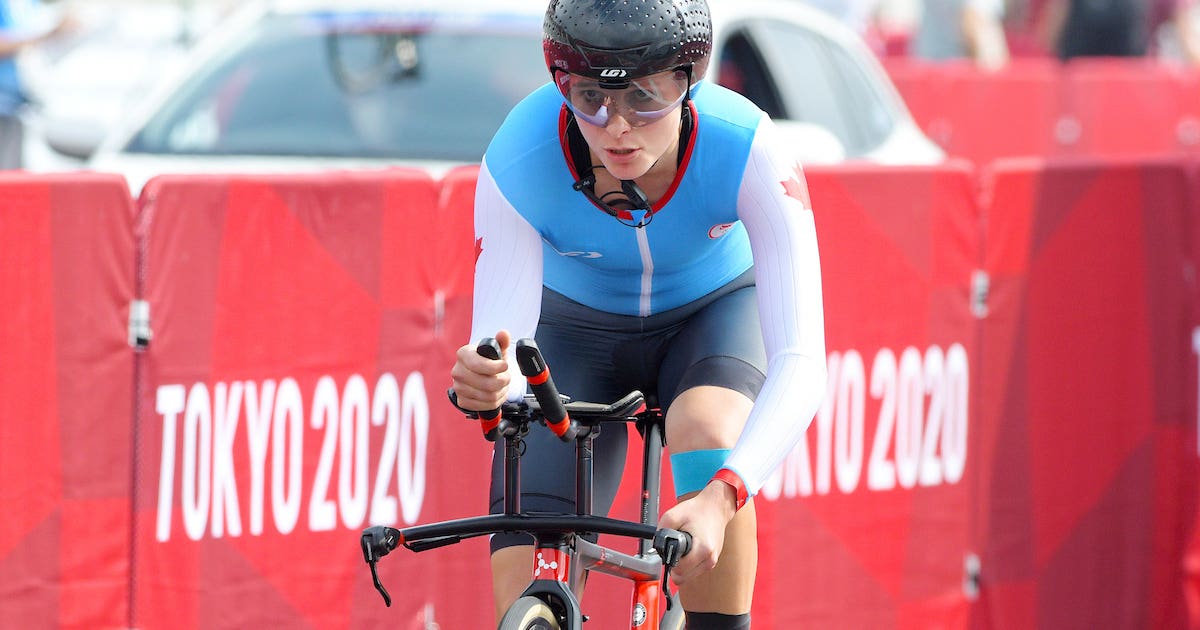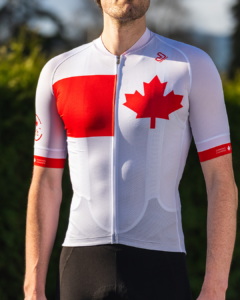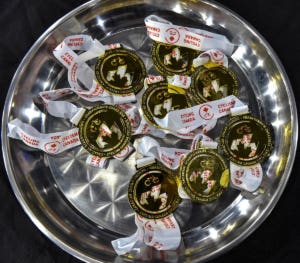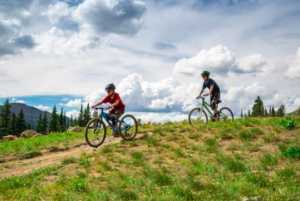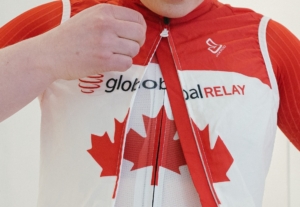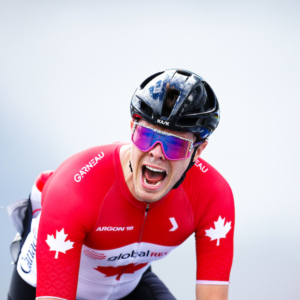LEARNING ABOUT THE HUMAN BODY WHILE PUSHING MY OWN
By: Keely Shaw, 2020 Paralympic bronze medallist and Ph.D. student in Kinesiology & Exercise Science
Most people would likely consider competing at the Olympic/Paralympic level of sport the epitome of physical performance. Those same people would also likely consider pursing a doctorate degree the highest level of intellectual performance. Somewhere along the line, I decided I wanted to do both of those things…at the same time.
Study full time to get a Ph.D. and hopefully be employable one day while also training full time to try to earn my spot on the podium at the greatest sporting event in the world. Most PhD students struggle to work in the recommended 150 minutes of physical activity recommended for health. I have to find 10-20 hours a week to train. It’s not uncommon for some grad students to spend 12 hours in the lab every day and consider 7 hours of sleep a great night. I need 8.5-9 hours every single night. The balancing act of all of these variables, responsibilities, and commitments may be an impossible task to some with two seemingly opposite aspects of academics and athletics.
However, I wouldn’t be telling the whole truth if I didn’t disclose that my Ph. D. is in exercise physiology and sport nutrition- the link between my studies and my athletics is pretty clear. My academic background helps me excel in cycling. My intimate understanding of human physiology and the nutritional needs of an athlete allow me to ask intelligent questions when working with a sports team. My lived experience as a cyclist allows me to bring a unique perspective to the research team. But the link between my schooling and cycling careers goes beyond the “black and white” aspect that might seem intuitive. My schooling allows me to be a better cyclist, and my cycling allows me to be a better student and researcher. Being forced to make time for exercise, for sleep, and for proper nutrition make me a better researcher. Having school and research to focus on allows me to separate myself from cycling a little bit when necessary.
Thinking about the linkage between the two makes it seems like it should be “easy”, or natural to balance these two endeavours. But believe me, it’s not. It requires constant juggling of tasks; it requires constant communication with both my cycling and my academic teams; it requires me trying to manage each of my workloads so that when cycling demands are high, school demands are low and vice versa; it requires me to be ok with failure. I have to make sure that I schedule my life to the minute on days where it seems that time is at a premium. And it’s understanding my body and brain well enough to know when enough is enough. To not try to push through the suboptimal power outputs or the writer’s block, but to take it as a sign that it is time to rest, recover, repair, and try again tomorrow. To cut a training short on occasion.
What I’ve learned is that it’s inevitable that I’m going to drop the ball sometimes. Sometimes I feel like I’m dropping the ball more often than not. But, what I’ve realized is that some balls are rubber and are going to bounce back, unharmed when dropped. Other balls, though, are glass. If these balls are dropped, it irreparable. My life is a constant appraisal of the different balls I have in the air at any given moment and evaluating which are glass and which are rubber. This is not a one-time evaluation, but a fluid one. A ball that is rubber one day could be glass the next.
My husband once told me that my job is to be exceptional. My job isn’t just to ride bikes, or even to try really hard when riding bikes. My job is to compete at the highest level and to bring home medals for Canada. My job isn’t just to read research papers, but to think at the highest level to ask and answer the questions that are going to help improve the health and performance of the next generation. But I don’t do what I do to be labelled as “exceptional”.
Rather, I don’t want a label at all. The reason I study, train, and compete at the highest level is because of the curiosity that I have and that values instilled in me that comes with everything that I do. The ability to push my body and see how fast it can go, while simultaneously learning about the overall ability of a human being to go beyond what is deemed the “norm” using the food we consume every day is what makes not only my life, sports and academic career amazing, but also motivates me to continue to do what I do. While, being a student and athlete is seemingly an impossible juggling act at times, the opportunity to learn about the body, push my own body, and represent my country is something that I wouldn’t trade for the world and has instilled values, experience and memories that will carry me through the rest of my life. Whether I’m inside the velodrome, in the classroom or on the bike, the opportunity cycling has given me has taught me not only about human potential as a whole, but has given me a better understanding of myself and what I’m capable of, not only as an athlete but as a human being.

